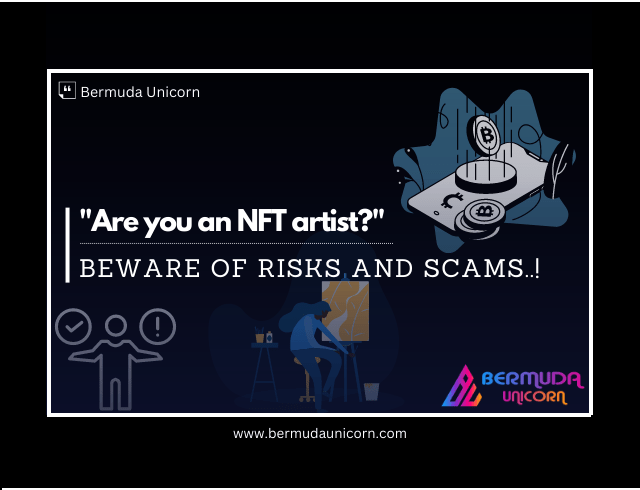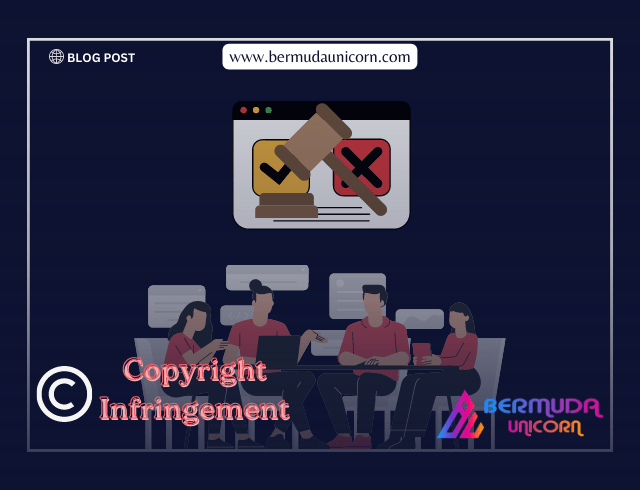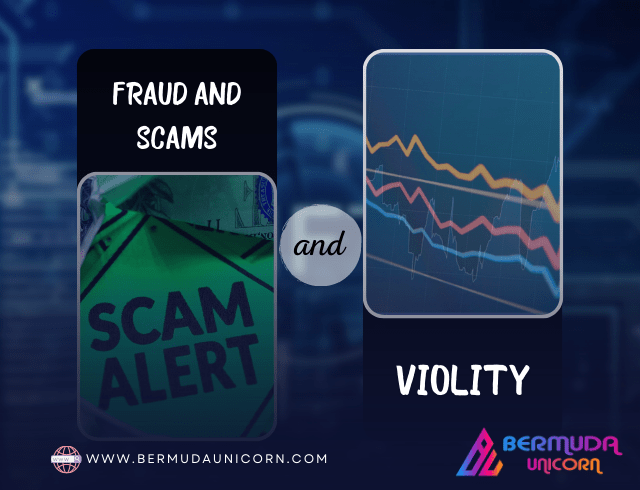

NFT art, or Non-Fungible Tokens, has become a popular form of digital art in recent years, and with the growth of the NFT industry, many artists are jumping on board. However, as with any industry, there are risks associated with being an NFT artist, and it’s important to be aware of these potential pitfalls before diving in. In this blog post, we’ll take a look at some of the risks of being an NFT artists in the growing NFT industry.
NFT artists Copyright Infringement
The NFT industry has seen a massive surge in popularity, but with this newfound growth also comes potential pitfalls. One of the most concerning risks for NFT artists is copyright infringement. As the industry continues to grow, there will likely be an increase in disputes regarding who owns the rights to a particular artwork. The lack of regulatory oversight makes it difficult to enforce copyright law, leaving many creators at risk of having their work stolen or used without permission. Additionally, if a creator isn’t careful, they may unknowingly use artwork that is owned by someone else, which could lead to a costly lawsuit. In order to protect themselves, artists should always verify that they have the right to use any images they are working with and obtain permission if needed.

Lack of Regulatory Oversight
The NFT industry is relatively new and largely unregulated. Many of the platforms and exchanges that facilitate the creation, sale, and trading of NFTs are not subject to any specific regulation or oversight. This lack of regulation can leave both buyers and sellers vulnerable to potential risks. For example, buyers may not be sure who they are dealing with and what their rights are if something goes wrong. Additionally, since there is no governing body in place, artists may have no recourse if they feel they have been wronged or taken advantage of. This lack of regulation also makes it easier for fraudulent activities to occur and difficult to trace.
Fraud and Scams
The NFT industry is still in its infancy and the lack of transparency and regulations makes it. it is a prime target for fraudsters and scammers. There are numerous reports of people being scammed out of money while purchasing NFTs, as well as accounts of fraudulent sales occurring on various platforms. For instance, some users have reported paying for a rare NFT only to find out it is an image that was widely available online or a “fake” NFT.
It is also possible for someone to create their own fake NFT by cloning an existing one and attempting to pass it off as genuine. This can be difficult to detect without proper authentication, but any buyer should exercise caution when making purchases. Similarly, there have been cases of unscrupulous individuals forging digital signatures or manipulating the blockchain to generate counterfeit versions of NFTs.
The best way to protect yourself from fraud and scams in the NFT industry is to do your research before purchasing any NFT. Make sure to check out the seller’s reputation, read reviews, and thoroughly review all the information about the NFT you are considering buying. Additionally, verify that the NFT is original by cross-referencing with other sources. Finally, take extra precautions when transferring money or digital assets, such as only using secure payment services.

Volatility
The NFT industry is an emerging and growing space, with its own unique set of risks. One such risk is the potential for volatility when trading in the NFT market. Many artists enter into NFT sales with no previous experience or knowledge of the trading markets, leaving them vulnerable to sudden drops in value that could be hard to predict or anticipate. It’s important for artists to consider the risks of price fluctuations when entering into an NFT sale, as this can significantly impact their returns on investment. Additionally, it’s important to remember that due to the newness of the NFT industry, there is currently no regulation that protects buyers or sellers from the unpredictable nature of the market. Ultimately, it’s important for NFT artists to understand the risks associated with selling their art via the NFT market, and to plan accordingly for possible market volatility.
NFT artists : Conclusion
The NFT industry is rapidly evolving, and with this evolution comes a range of risks for NFT artists. From copyright infringement to lack of regulatory oversight, fraud and scams, and volatility, artists should be aware of the potential risks when entering the space. The Bermudan Unicorn Marketplace is a great example of how the industry is working to create safeguards and protect creators, but it is ultimately up to each individual artist to ensure they are protected and their work is secure. The NFT industry is an exciting and innovative space, but it is important to remain aware of the potential risks.